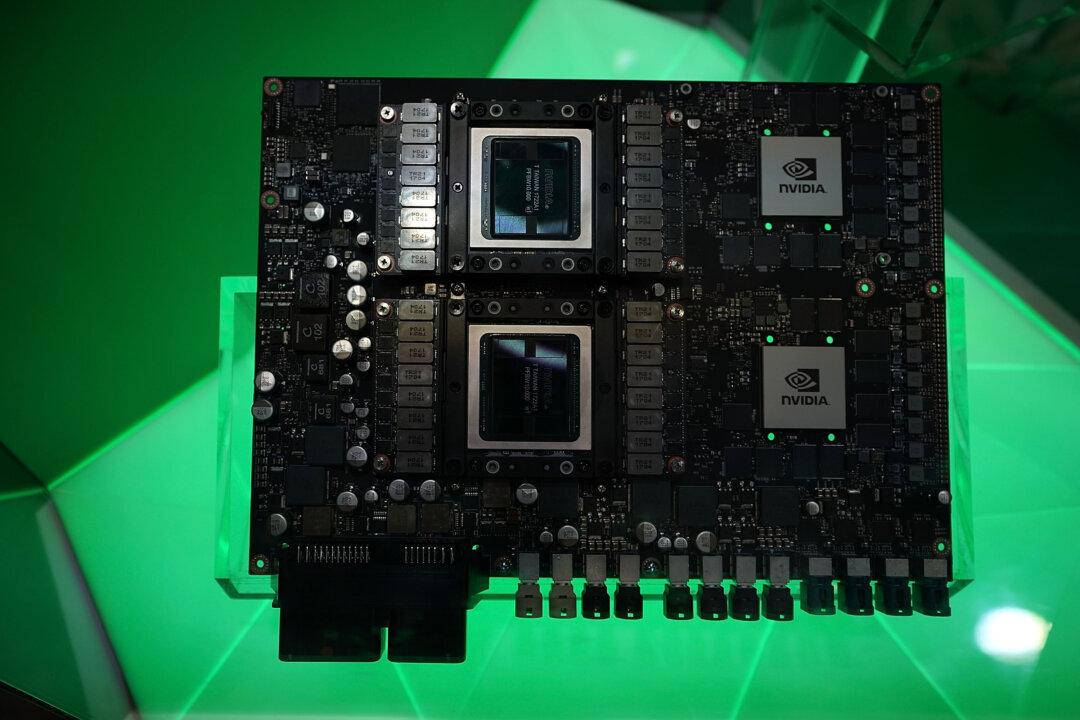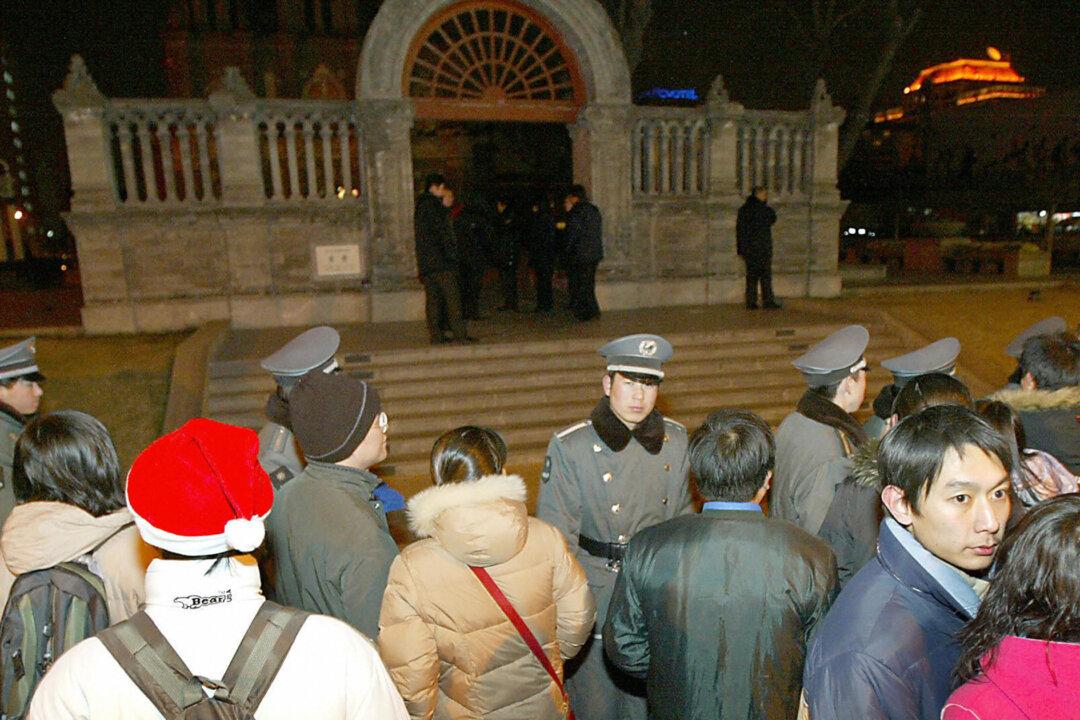Despite measures to limit U.S. technology exports to the Chinese military, chips designed by U.S. companies still end up in the hands of the People’s Liberation Army (PLA), according to a report by the Center for Security and Emerging Technology (CSET) at Georgetown University.
For the report, researchers combed through over 66,000 publicly available PLA purchase records during the eight-month period from April to November 2020 and identified 97 unique, high-end artificial intelligence (AI) chips ordered by the PLA. Nearly all of them were designed by U.S. firms Nvidia, Xilinx (now AMD), Intel, and Microsemi.




